‘Traditionis Custodes’: Are We Living Up to the Message?
The Pope Is Guarantee of Faith and Unity
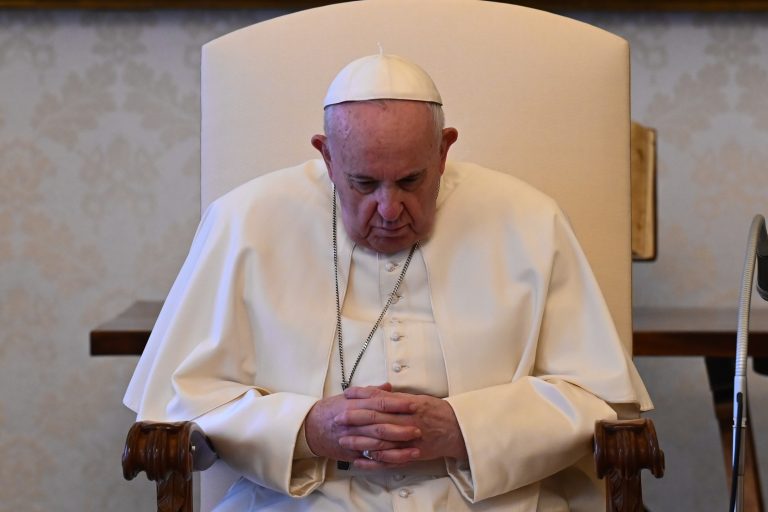
Enrique Soros, social communicator and collaborator of Exaudi, offers this article on Pope Francis’ recent Motu Proprio entitled “Traditionis Custodes,” and asks the question: “Are we living up to the message?”
The Pontiff just promulgated the Apostolic Letter, in the form of a Motu Proprio, entitled “Traditionis Custodes.” This document, which addresses “the use of the Roman Liturgy prior to the 1970 Reform,” has elicited a generally positive reaction, but it has also caused a stir in some, but visible, realms of the Church, for seriously limiting the 1962 Roman Missal, with which Masses are celebrated in Latin. The first of two articles on the Motu Proprio, which we transcribe below, summarizes the purpose of the Apostolic Letter.
Art. 1. The Liturgical Books promulgated by the Supreme Pontiffs Paul VI and John Paul II, in keeping with the Decrees of Vatican Council II, is the only expression of the Roman Rite’s lex orandi.
Art. 2. The diocesan Bishop, in his capacity as moderator, promoter, and custodian of the whole liturgical life in the local Church entrusted to him [5], is responsible for the regulation of the liturgical celebrations of his diocese [6]. Therefore, it is his exclusive competence to authorize the use of the Missale Romanum of 1962 in the diocese, following the guidelines of the Apostolic See.
In a Letter to Bishops worldwide, by way of introduction to Traditionis Custodes, Pope Francis explains the reasons for his decision. Among them, he affirms that it “is increasingly evident in the words and attitudes of many that there is a close relationship between the choice of the celebrations according to the Liturgical Books prior to Vatican Council II and the rejection of the Church and of her institutions in the name of what they consider the ‘true Church.’ It is behavior that contradicts communion, fuelling that impulse to division “I belong to Paul; I belong to Apollos; I belong to Cephas; I belong to Christ’ — against which the Apostle Paul reacted firmly [23].”
And he continues: “It is to defend the unity of the Body of Christ that I am constrained to revoke the power granted by my Predecessors. The distorted use made of it is contrary to the reasons that led them to grant the freedom to celebrate the Mass with the Missale Romanum of 1962. Because “the liturgical acts are not private acts, but celebrations of the Church, which is sacrament of unity” [24], they must be carried out in communion with the Church. Vatican Council II, while reaffirming the external links of the incorporation to the Church — the profession of faith, the Sacraments, Communion — affirmed with Saint Augustine that it is a condition, so that salvation remains in the Church not only ‘with the body,’ but also ‘with the heart.’” [25].
The Reason for the Adaptation of the Roman Missal
In the same letter, Pope Francis explains that without wishing “to contradict the dignity and grandeur of this Rite, the Bishops gathered in an Ecumenical Council requested its reform. Their intention was that the faithful “not attend this mystery of the faith as strange and dumb spectators but, rather, understanding it well through the rites and prayers, take part consciously, devotedly and actively in the sacred action.” [28}. Recalling that the works of adaptation of the Roman Missal were already started by Pius XII, Saint Paul VI said that the revision of the Roman Missal, carried out in the light of the most ancient liturgical sources, was geared to allow the Church to elevate, in the variety of languages, “the same phrase” that expresses their unity [29]. This unity must be re-established in the whole Church of the Roman Rite.”
The Pope Is Guarantee of Faith and Unity
In his article “The Pope, Touchstone of the Faith and of Unity,” Cardinal Donald Wuerl reviews cases in which he found serious dissent on the part of ecclesial groups in face of the decisions taken by all Popes of his time, beginning with John XXIII and up to today. Hence he thinks that we “should hardly expect that Pope Francis is immune to what seems to be something that ‘comes with the office.’”
And he explains that one of the things he has learned “in all these years, from those first ingenuous days of 1961, is that if one looks up close there is a common thread running through all these dissidents. They are not in agreement with the Pope because he isn’t in agreement with them and, hence, doesn’t adapt himself to their position.” And he ends by stating that “dissent is, perhaps, something we’ll always have, (. . . ) but we will also always have Peter and his Successor as rock and touchstone be it of our faith as well as of our unity.”
Saints Are Humble and Obedient
It is striking that today there are also Bishops and Cardinals that, instead of fulfilling God’s call, supporting the Pope in his ministry and helping the People of God to understand his decisions, affront him publicly, creating insecurity, rebellion, and disunity in the Church.
As touchstone, which enables us to highlight the purity of material, we have the example of the Saints, who, even in the hardest moments, were radically humble and obedient.
Time of Confusion
We are in a time of great confusion, in which self-defined “Catholic preachers,” with innumerable followers on the Net, express what they define as “the truth,” often confronting the Pope and the Bishops. They are very convincing because, as the Protestants, they take the texts that support their thesis and, intentionally, don’t insert them in the context, cut it and modify it, and convinced the crowds.
Let us return to the touchstone: he doesn’t fail, Are they humble and solidary with the Pope, and help to understand his decisions or are they proudly superior to the Vicar of Christ?
What is Christian Obedience?
Christina obedience isn’t blind, military style, but it’s radical. It is radical in love, radical in the cross. There is no other Christian obedience. And the wisdom of those that obey, if they believe that the Superior is mistaken, consists in conforming themselves to radical love, knowing that he who gives the order is responsible for it before God.
Is Christ truly our absolute and supreme example? Can a good Christian justify his not obeying with radical humility and love, as Jesus obeyed the Father, going to the cross? Is it not a great scandal to define ourselves Christians when we resist tooth and nail to follow Jesus’ way?
Is the Accent on Forms or on Life?
There is not sports society, commercial society, family, or religious group that can carry out its mission obsessing over the carrying out of the forms. Obsession for forms suffocates life; they must be at the service of life, not the contrary.
I don’t remember Jesus talking about the importance of perfect liturgies, but I remember what He said to those that clung to the Law, to a structure, to the known, to their comfort zone, and could not see the prophet in a simple man, because they were superior, wise and powerful.
From beginning to end, the Gospel speaks to us of conversion of heart. Blessed are the poor in spirit, blessed are the meek, blessed are the merciful, blessed are the pure of heart . . .
What is happening, given that after 20 centuries it seems we haven’t understood anything? “Hey! I am God, and I wanted to be born in the poorest place, stripped of everything!. Heart of stone! Do you still not understand my message?” Jesus says to me today, and He calls me to a radical love; stripped of everything; to love and serve Him in my brothers; to be a sign of union, of hope, of redemption, of life, of conversion.
Pope Francis’ Dream
“I dream of a missionary option able to transform everything so that customs, styles, times, languages, and all ecclesial structures become an adequate channel for the evangelization of today’s world rather than for self-preservation,” Evangelii Gaudium, 27.
Related
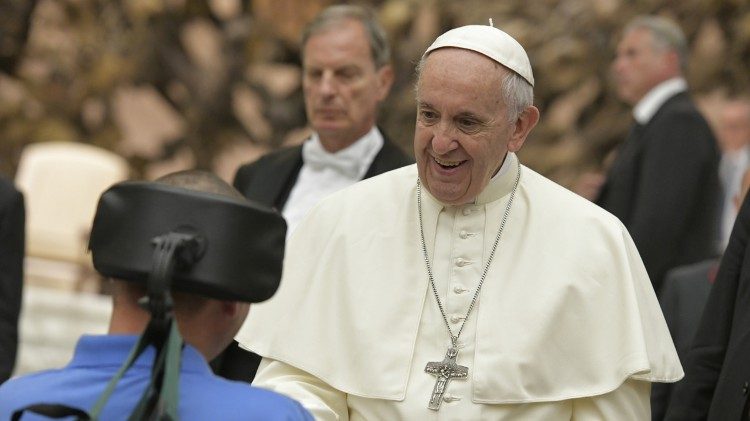
Francis. The Human and Religious Imprint of a Papacy
Isabel Orellana
24 April, 2025
5 min
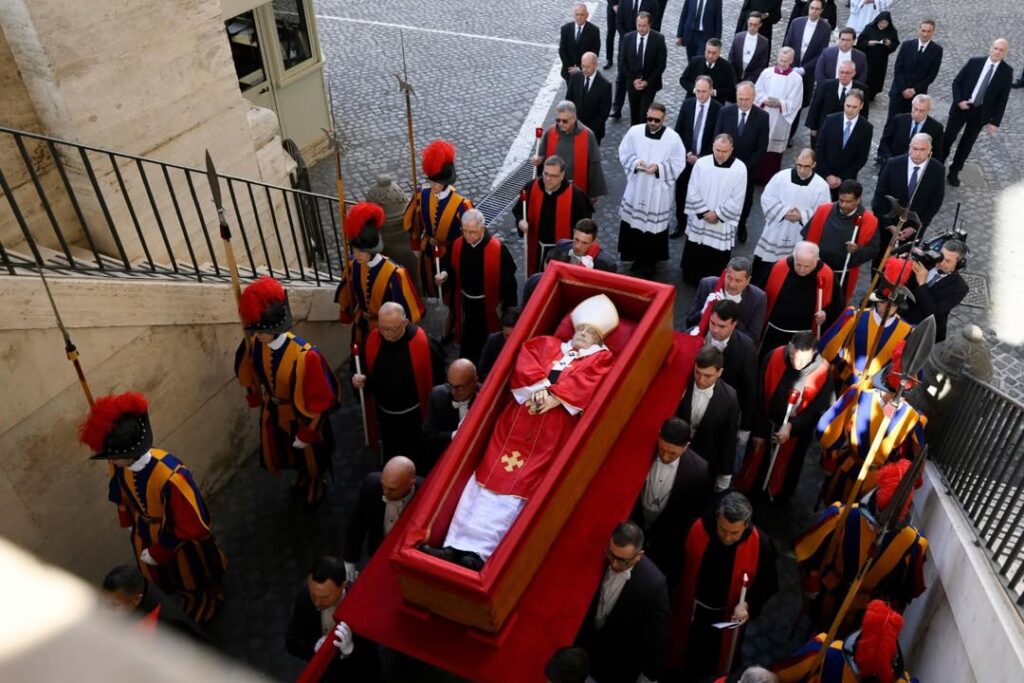
A Pope’s Last Journey: Francis’ Body Transferred to St. Peter’s
Exaudi Staff
24 April, 2025
3 min
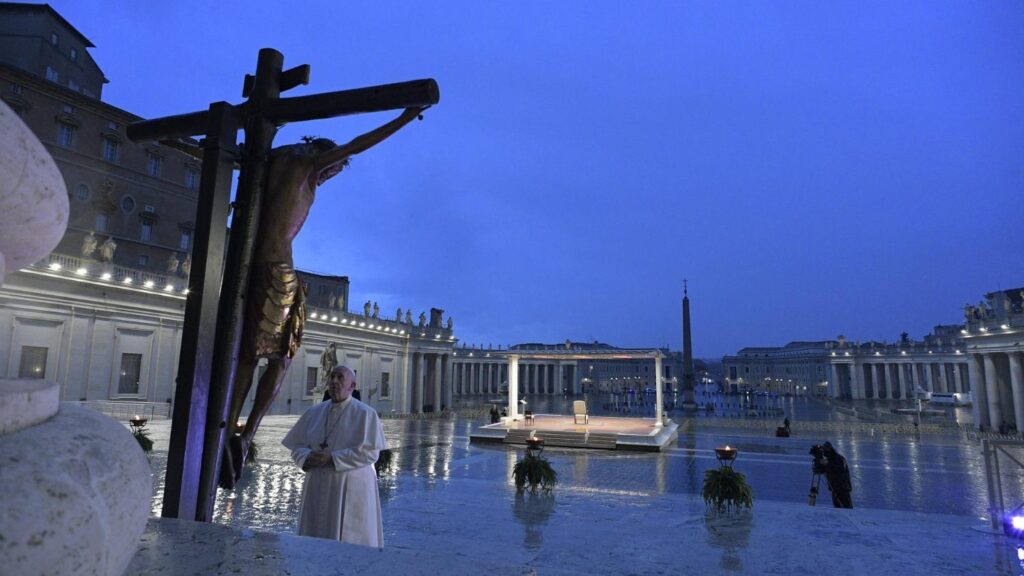
Cardinal Felipe Arizmendi: With the Risen Christ, There Is Hope
Felipe Arizmendi
24 April, 2025
6 min
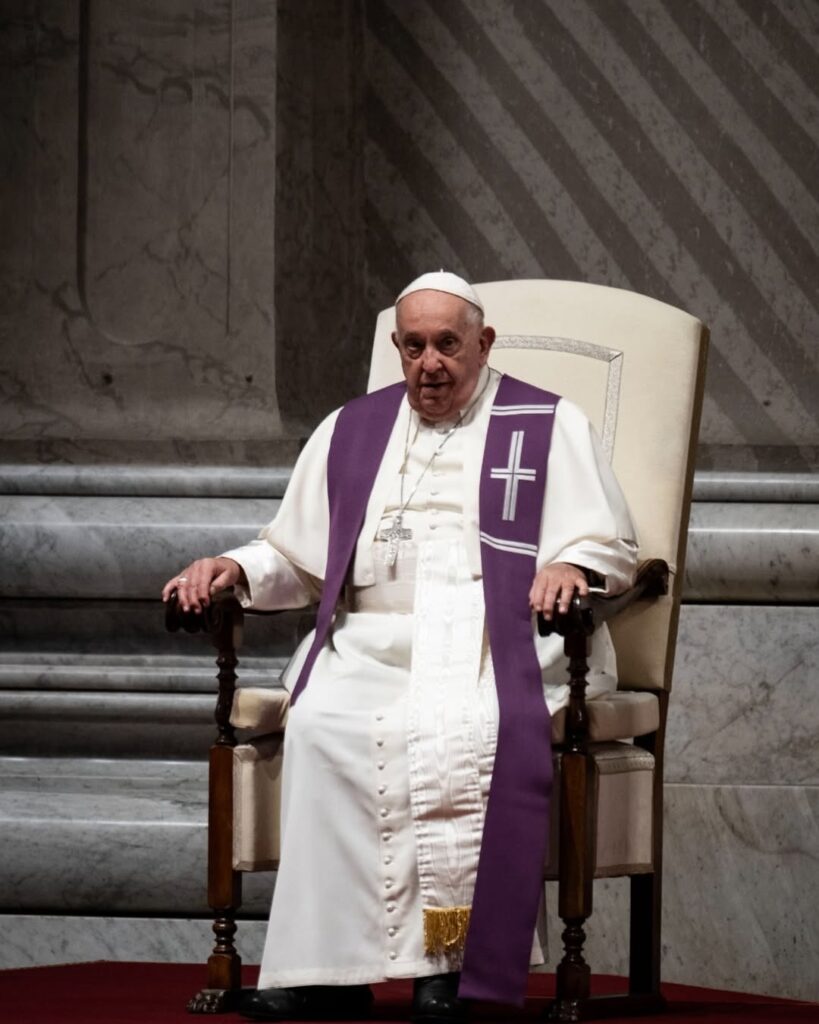
You Didn’t Give Up
Exaudi Staff
23 April, 2025
2 min
 (EN)
(EN)
 (ES)
(ES)
 (IT)
(IT)

